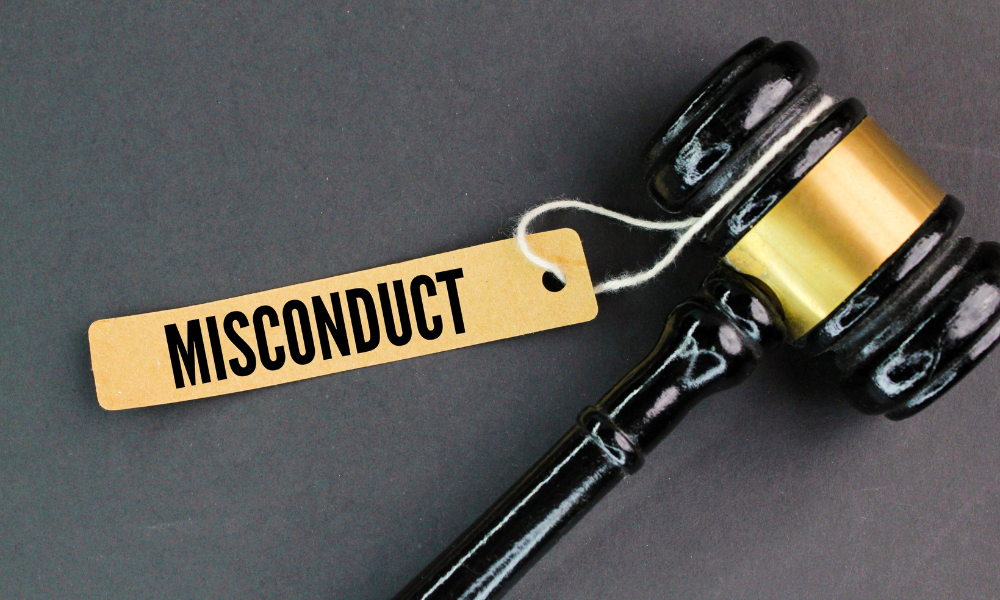
Lawyer reportedly obtained a neighbour's criminal history improperly and disclosed the information

An Auckland-based criminal defence lawyer is facing misconduct charges before the Lawyers and Conveyancers Disciplinary Tribunal over allegations that he improperly obtained and disclosed his neighbour’s criminal history, reported the NZ Herald.
The lawyer, who has interim name suppression, was involved in a dispute with the neighbour over a driveway-related issue. The complaint filed by the standards committee against the lawyer on behalf of the Law Society accused the lawyer of leveraging his familiarity with a probation officer to get his neighbour’s criminal history record and then sharing it with a property manager during a mediation meeting.
The committee alleged that the lawyer used his status to obtain the information approximately eight years ago for his own benefit. The tribunal was told during a December 2024 hearing that while lawyers could ask for copies of clients’ criminal histories, they could not do so for members of the public.
While the lawyer conceded that sharing his neighbour’s criminal history was an “error” on his part, he maintained that he did not get the record through improper means. He said that police officers “clearly indicated” that the neighbour had faced convictions in the past after the lawyer filed a complaint against the neighbour. The lawyer’s friend, a former judicial officer, then looked up the neighbour’s criminal history and told the lawyer about it through a phone call.
Standards committee counsel Sam McMullan challenged the lawyer’s statement, claiming that according to police records, the neighbour’s criminal record wasn’t accessed by officers until after the mediation meeting. The tribunal’s deputy chairman, Dr John Adams, also voiced his scepticism that a judicial officer would give the lawyer such information unprompted.
“It’s a fair question for the tribunal to wonder why she was taking such a huge risk…if she did this and it became known one would think she would lose her position and be disgraced”, Adams said in a statement published by the Herald. “Why do you think [she] would take the career and character-threatening step for you, as you say?”
The lawyer said that the friend had provided the information out of concern.
Department of Corrections chief privacy officer Paul Miller told the tribunal that accessing the department’s system left digital traces, such as a footnote with a time and date stamp for each unique login. He said he was certain that the probation officer whose digital footprint was recorded on the neighbour’s criminal history page was the one who provided the information to the lawyer.
The probation officer in question, who remained in the department’s employ, said that they immediately printed out any requests for criminal history records made by a lawyer or police officer. The officer could not remember accessing the neighbour’s record but said the chances of someone else having used her login were low.
The tribunal is set to deliver its decision on this matter in writing.